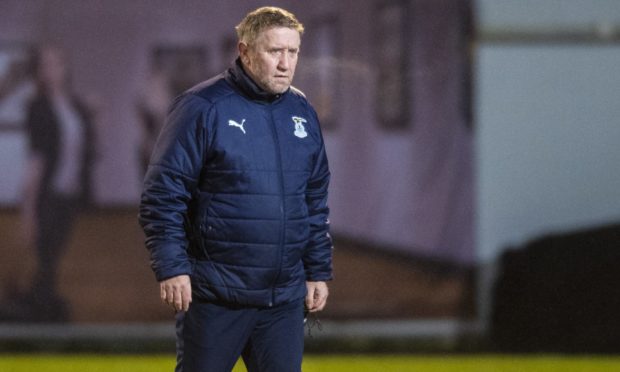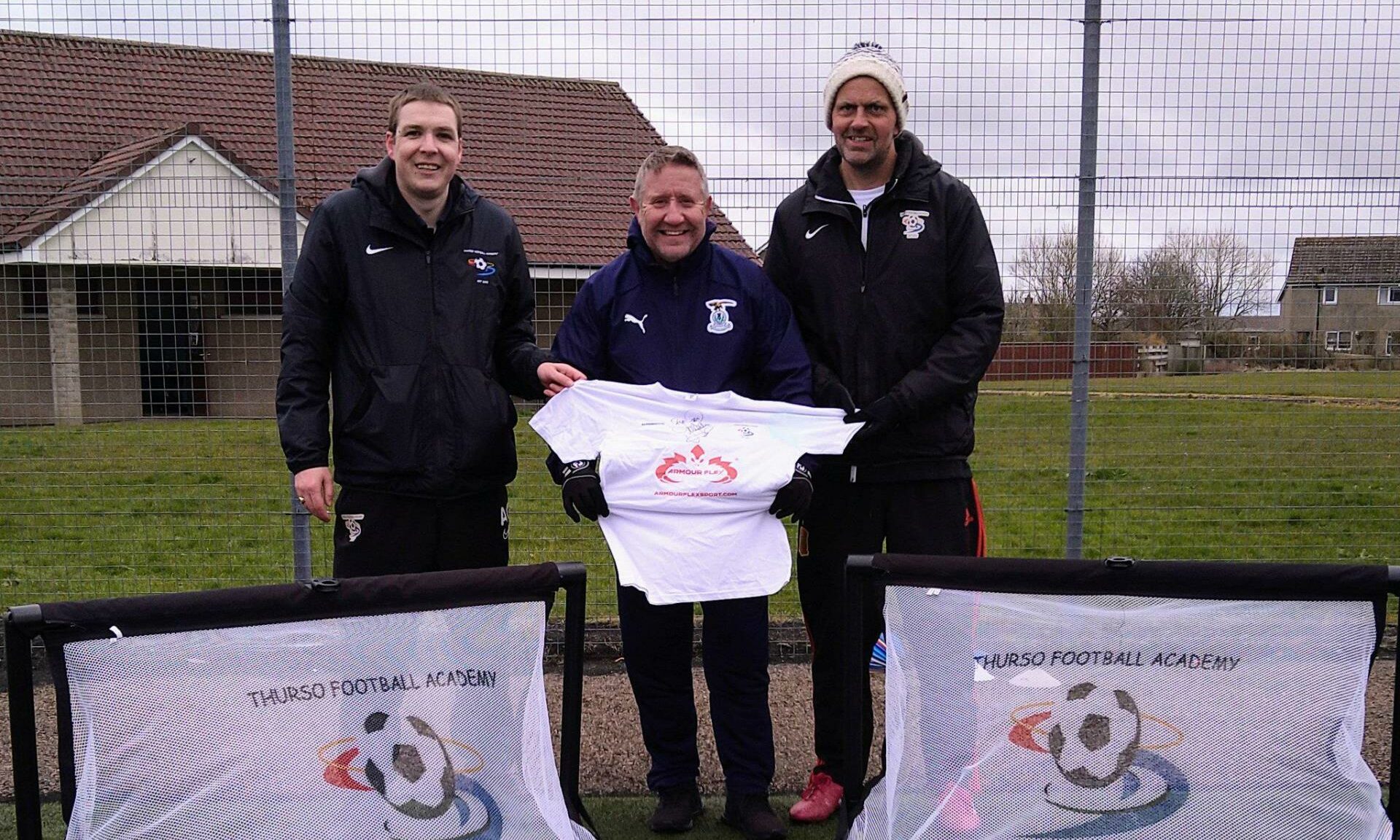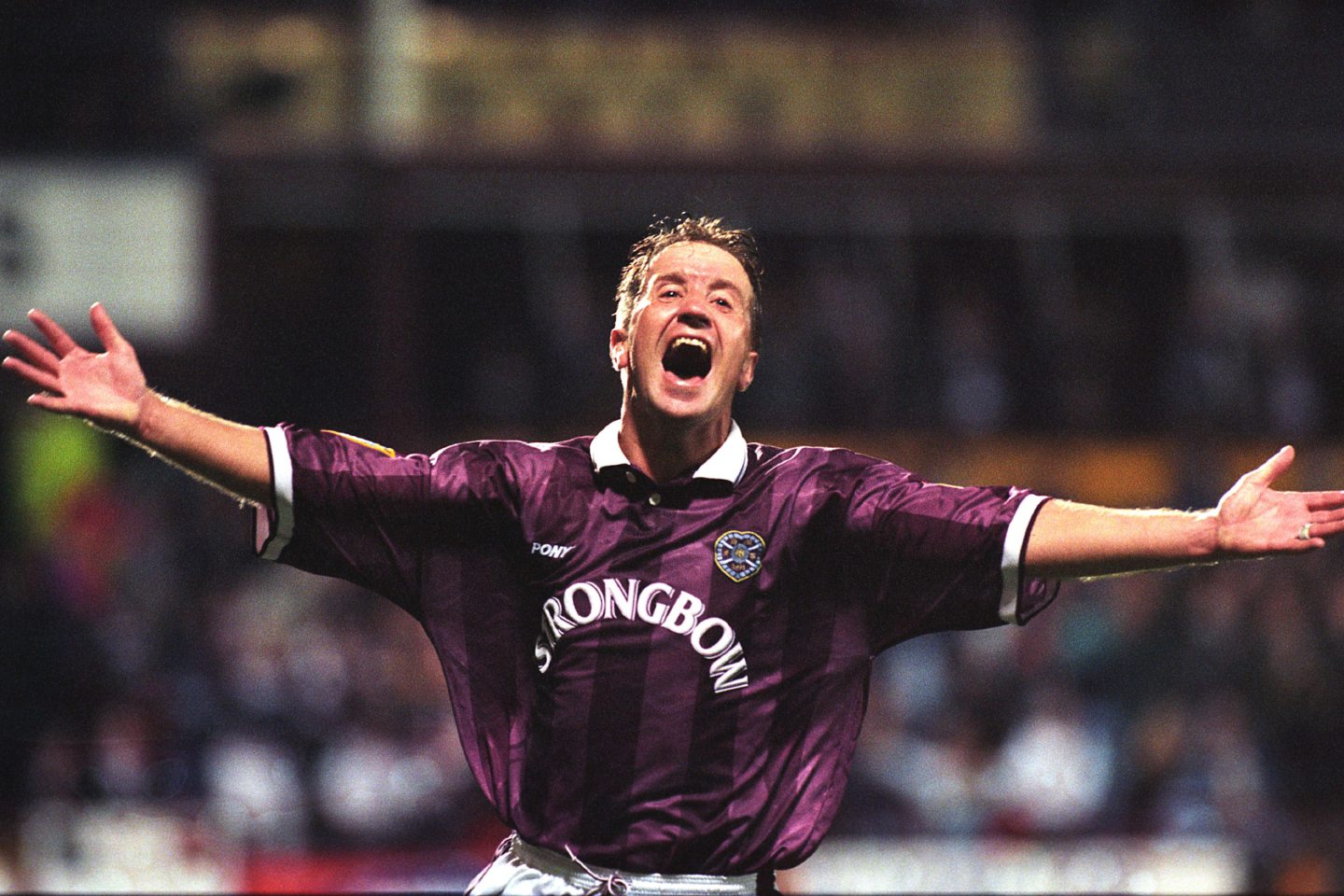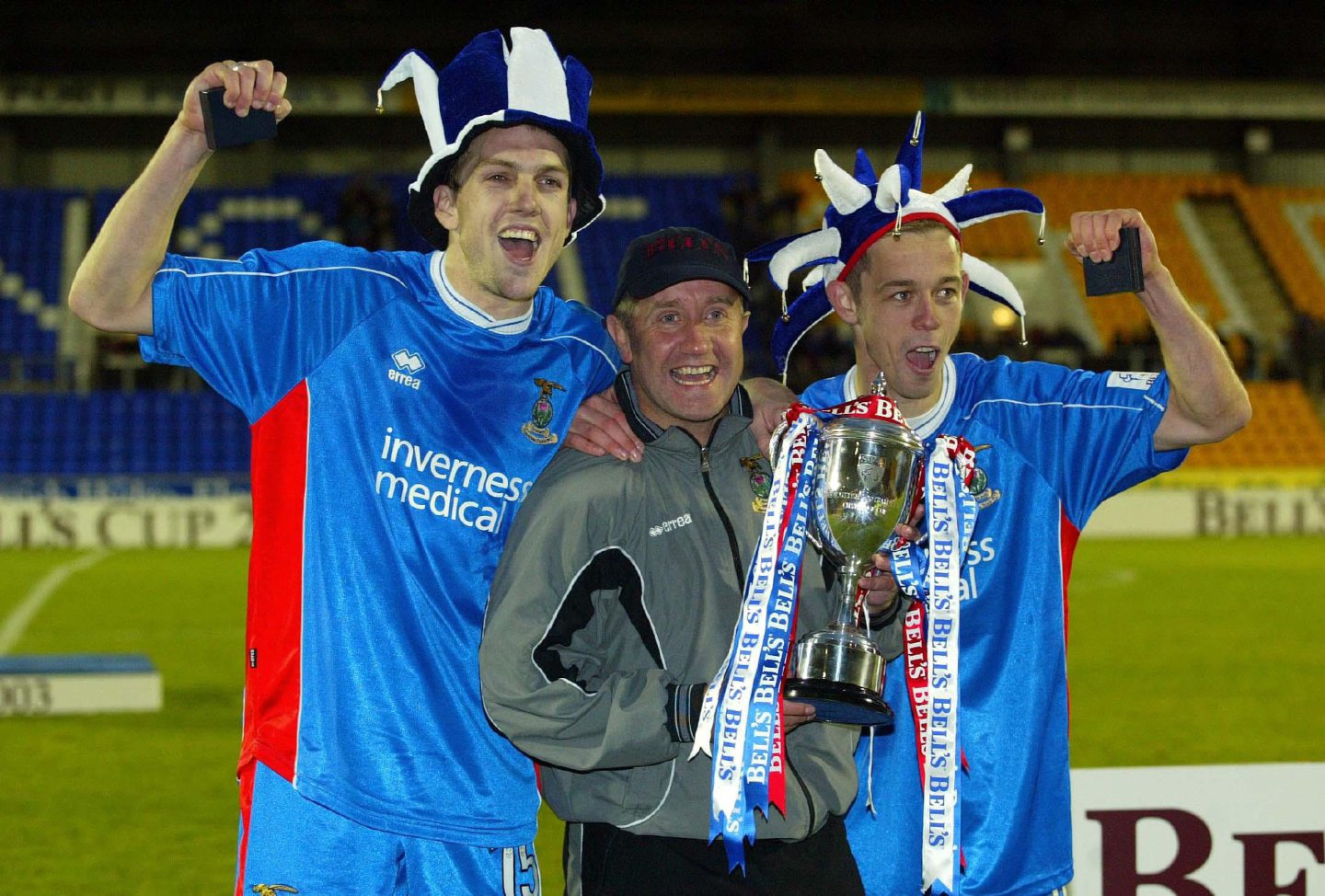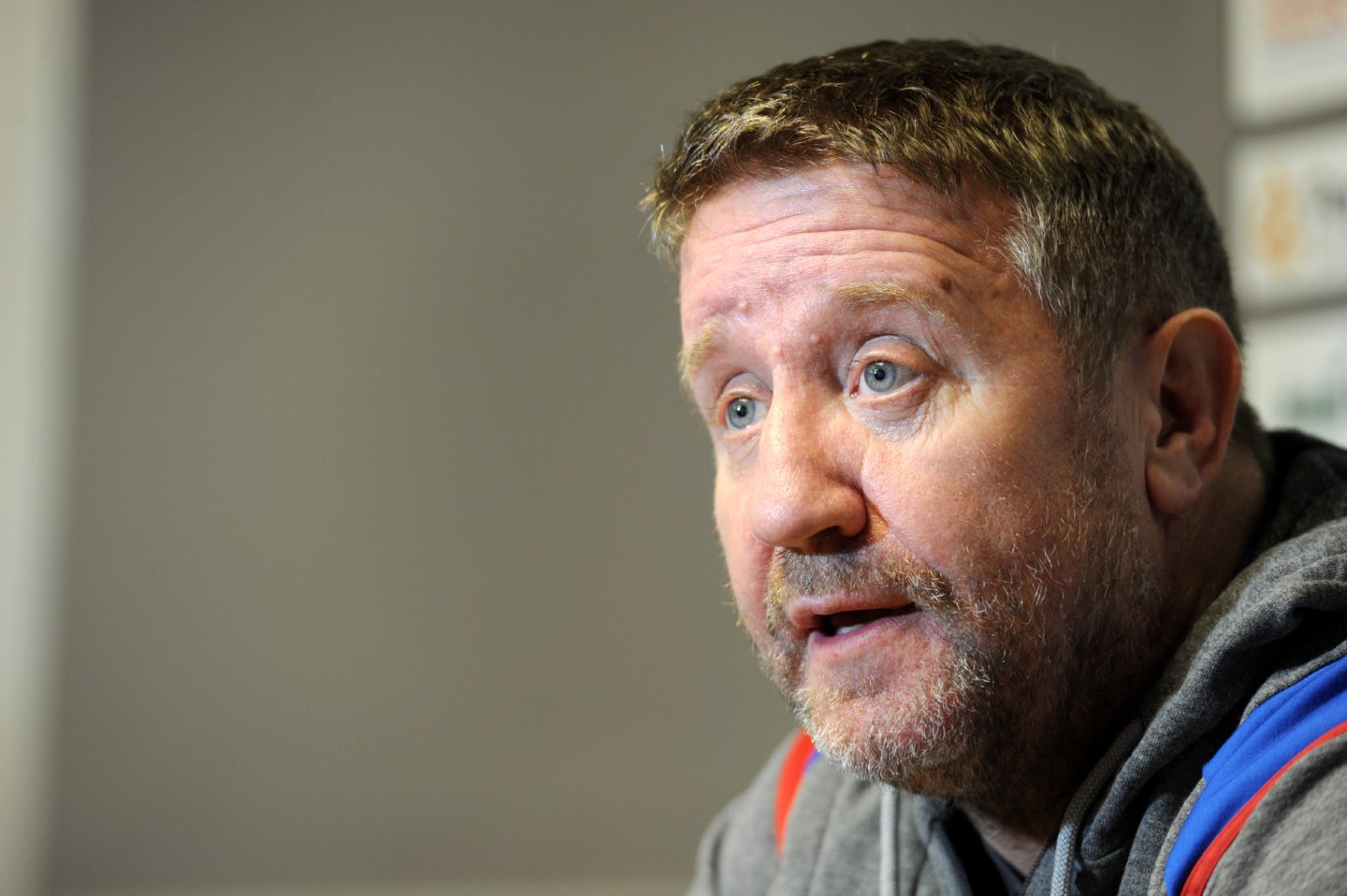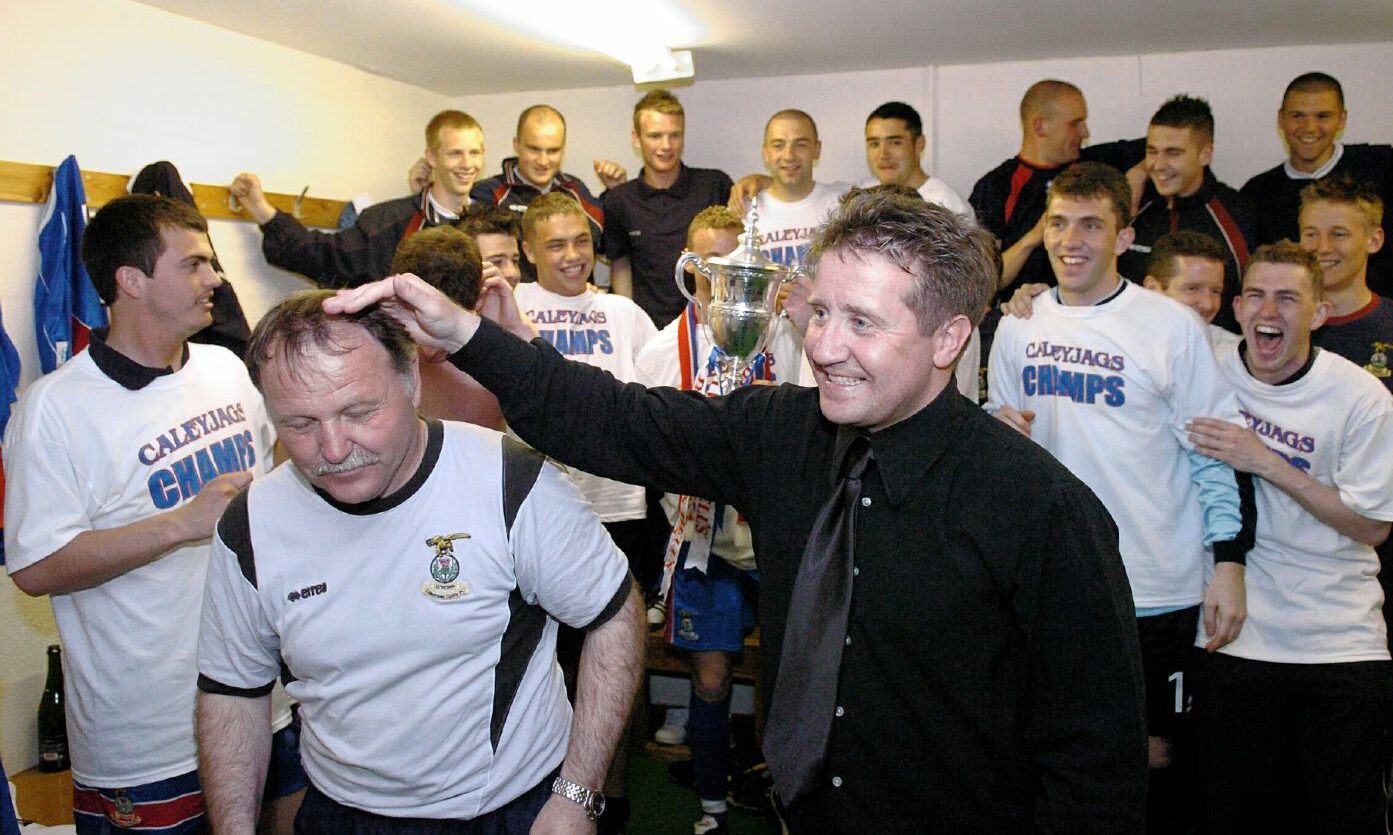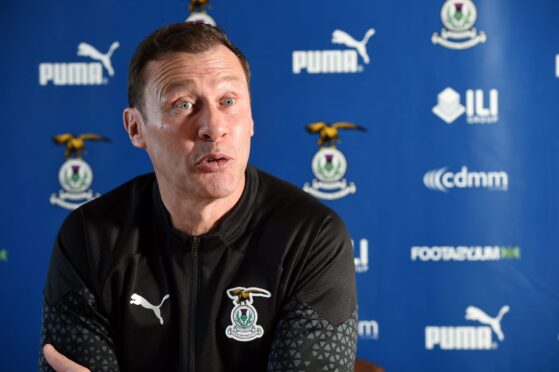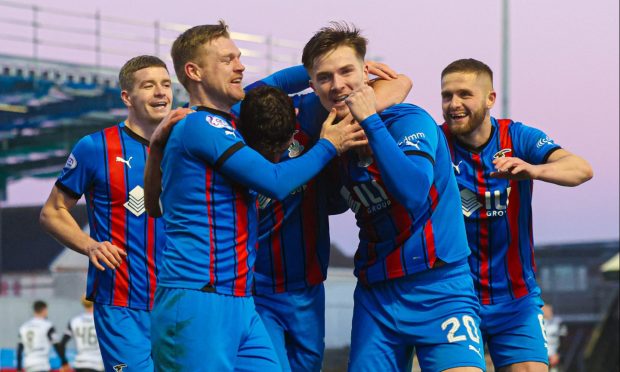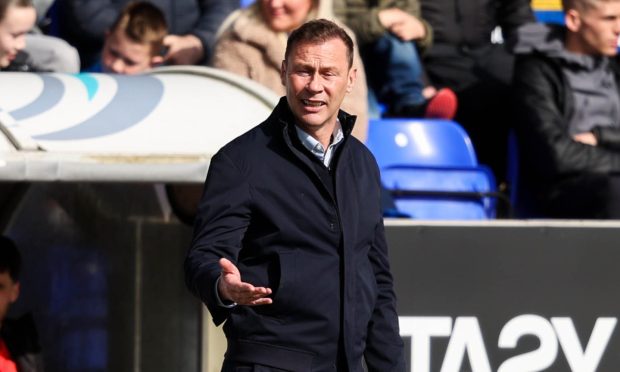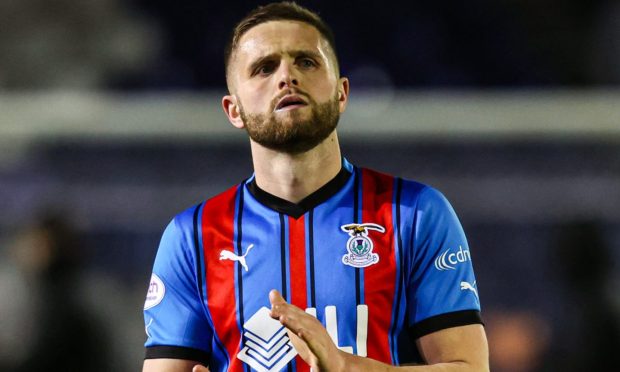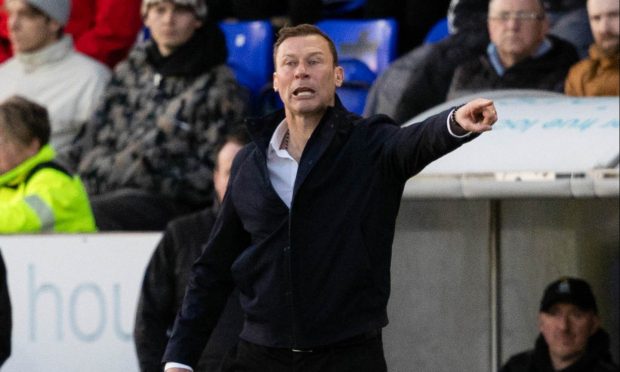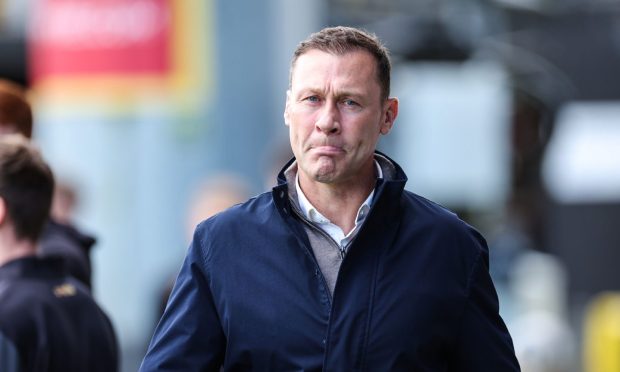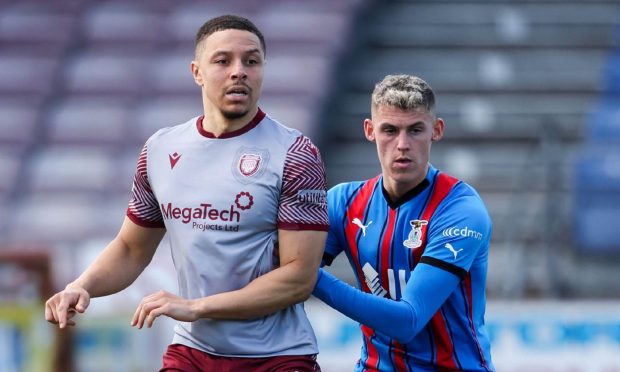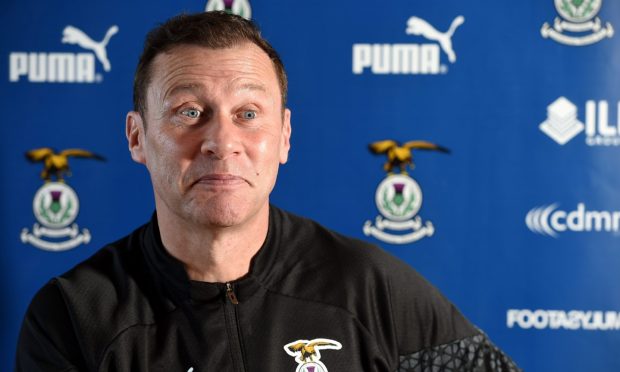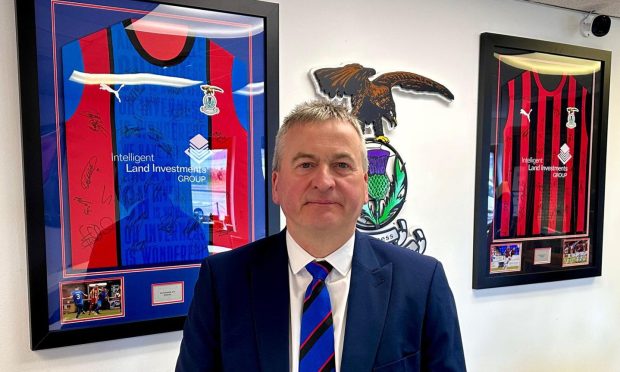John Robertson has always been a likeable fellow; a little coiled spring of bustling energy and effervescence, with a Bunteresque appetite for notching goals and leaving rivals deflated.
The former Hearts and Scotland player, who is now the sporting director at Inverness Caley Thistle, also possesses a pawky sense of humour, which is obvious when one looks at the title of his new book Robbo: My Autobiography, the Game’s Not Over Till the Fat Striker Scores.
Yet, while he has a lot of celebrate on his cv, whether in his haul of 311 goals in more than 700 appearances for the Tynecastle club or the 16 caps for his country, Robertson was not in a great place during the Covid pandemic.
He suffered the loss of his sister, Moira, from cancer, struggled to sleep, found himself being overwhelmed by trying to look after his young squad and gradually realised he would have to step away from the game he loved.
Many of these football memoirs are half-baked efforts, packed with platitudinous pap and conventional rags-to-riches stories with a little bit of mild peril and moderate pressure tossed into the mix. But that charge certainly can’t be levelled at Robertson, who experienced tragedy early in his life and has had to confront all manner of controversies during his career.
There was the shock as a 14-year-old of losing his father, also John, to cancer in circumstances beyond his comprehension; his courageous, but contentious decision to criticise his own chairman, Wallace Mercer, when the latter was prepared to put Hibs out of business and create just one Edinburgh team; and his difficulties in persuading several Scotland managers that he could do more than just score goals (even if that’s the aim of the game).
Robertson emerges as an honest broker and nothing has changed from his long service with Hearts to his 20-year spell in the Highland capital, a place where he and his family have escaped the goldfish bowl in which he once dwelt while he was plying his trade and winning plaudits at Tynecastle.
His involvement in the anti-Mercer campaign in 1990 could have had serious repercussions, but as he admits, he was sometimes a “lucky wee b***ard”.
He said: “The plan seemed simple and straightforward. I was to be walked on stage [at a protest meeting] with a few of the ex-Hibs players and announced as a supporter of the Hands Off Hibs campaign.
“To this day, I still don’t know what happened. A microphone was thrust into my hands and I was ‘invited’ to say a few words to the audience. I was gobsmacked and had nothing prepared, but I managed to mumble some words along the lines that Edinburgh needed both clubs, that it was a rivalry which had spanned over 100 years and was there any better feeling than turning up at work on a Monday after a derby victory for your club.
“But, most importantly, I was there to support the Hibs players because a takeover of any sort would mean players losing their jobs.”
Predictably, Mercer exploded with rage at this intervention and tore strips off his player during an angry meeting, where he warned that Robertson would be sent packing if he ever spoke out against his chairman again.
But it’s one of the features of his career that the wee man doesn’t scare easily. He has written this work during lockdown and hasn’t omitted the melancholia and depression which can often afflict those in the sporting arena, especially when it’s time to hang up their boots and find alternative employment.
Robertson said: “When I had first arrived [at Hearts] before Christmas in 1980, there was no one there to greet me as I walked through the doors with Dave Bowman. And, on the day I was leaving [in 1998], it was the very same as the stadium was empty apart from the groundsman working away.
“I walked out of the door with a black plastic bag with my belongings and that was that. I was no longer a player for Hearts. It was over.”
Less than five years later, Robertson was heading to the Highlands, but Covid and a series of family traumas wreaked a heavy toll on him. He was grateful for the empathy shown by Caley Jags chief executive Scot Gardiner – who looms large in the acknowledgements – but this was a fraught period for him.
He said: “It got to the stage where I wasn’t being me. I was irritable, I was snappy and I was sleeping maybe only an hour or two a night [for months].
“I spoke to my sister [Moira] on the Tuesday. She was taken in on the Wednesday for a general scan and they found that the cancer had spread to the rest of her body. By 12 o’clock on the Thursday, she had died.
“I realised that I had to take a step back, a step away from football. There are more important things in life. But it was brutal. I had an hour to tell all my family and friends that I would be coming off my phone for eight weeks.
“I wasn’t allowed to watch football on TV, I wasn’t allowed to watch training. There was no football whatsoever, it was a complete reset button while we looked into all the aspects of why I wasn’t feeling well.”
If it was shock therapy, it worked and the Scot feels rejuvenated. Robertson may have been through the wringer, but he is still passionate about Inverness and helping the club move forward. On this evidence, he and Caley have forged a bond which you can’t place a value on.
Robbo: My Autobiography is published by Black & White.
